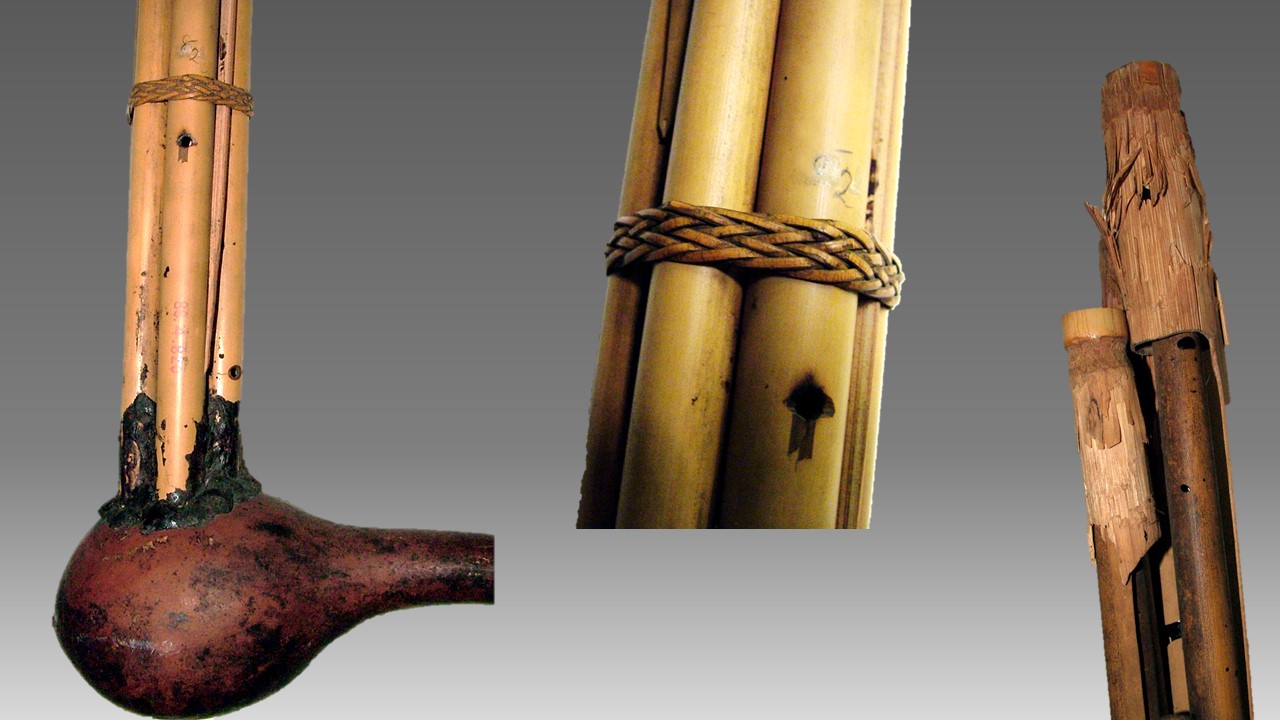
Courtship among the Ibans”Ngayap”
Toms Note: To western observers, the term “Ngayap” often had a sexual connotation. This is not true and is an insult to the Iban people.
The Ngayap is an Iban custom which they inherited from many different peoples several centuries ago. As the Ibans moved up the Kapuas river, and into greater Borneo, they encountered many groups. It is thought the Ngayap came from them.
The Ngayap was performed with secrecy during the night. An eligible bachelor (orang bujang) approached a girl (indu dara) for whom he has a preference. This is nothing more than to get acquainted and know the girl better to enable the orang bujang (male) to make an assessment of the quality and maturity of the girl. This process is achieved through conversations (berandau) with each other. The girl will also make the same assessment as the boy (orang bujang).
In the past, it was customary for young men to perform a journey(bejalai or pegI) outside the area where they lived. One of the reasons for performing the walkabout was to gain admiration from the females. This made it more favourable to have their proposal of marriage accepted by the girl and her parents. Secondly, they seek property (reta)in the form of jars, silver and brass wares, gongs, brass cannons and other valuables found in antique stores and longhouses today. Thirdly, if he did not perform the walkabout he would be always subject to humiliation and termed enda kala meda nangaai diri by his colleagues and, in particular, the girls. This would make later marriage difficult.
An eligible bachelor would dress up after dinner when going on his Ngayap. The boy would go to the girl’s longhouse and awaken the girl and converse with her. Upon hearing the sound of the ruding played by the boy in the common sitting room of the longhouse (ruai) the girl would reply with her own ruding. Her reply might be negative if she did not want to be disturbed, or positive if she had no objections.
A ruding is a musical instrument made of brass or aping bark. It is about 1.25 cm in width and about 15 cm in length. It has a tongue in the middle which produces a soft, sweet sound when hit with a finger. The sound resembles a softly spoken word.
An Iban girl shall be termed “dara” when she reaches 17. She then moves into her own bedroom and has her own bed which is nicely decorated and perfumed with wildflowers. This is to respect her boyfriend who might be coming to Ngayap her.
The men prefer to court a girl from another longhouse rather than one from the same longhouse as his. The reason is nothing more than to show his manly courage, especially if he has to travel overland or by boat at night. One who courts a girl from the same longhouse is branded a coward (penakut.)
The man would sneak into the longhouse when everyone was asleep, but the parents would wake up, ask who it was and the boy would honestly answer. He would then be served some rice wine and then leave. That would be the first Ngayap or date.
The boy would repeat the process the second time, but no food or wine would be served. The boy would approach the girl and play his ruding in the girl’s ear. He must not touch any other parts of the girl’s body. To do otherwise would be construed as molesting and outraging her body, which is against Iban law.
After she has been awakened, the girl will sit up facing the man and conversation will start, or she might ask the man, politely, to leave. The visitor must always submit to the lady’s request.
If the boy and girl agree, the boy will visit for the third time. This time, the boy will leave a sarong or other piece of cloth. If the girl decides she does not want him, she will ask the boy to leave, taking the cloth with him.
If they mutually agree to a fourth meeting, he will inform his parents, and they will send word through a messenger to ask for the girl’s hand. If all continues to be well, the actual proposal will soon follow. When everything has been finalized, the wedding ceremony will be held according to Iban tradition.
Joshua Melling Sarawak Gazette, July 1981
